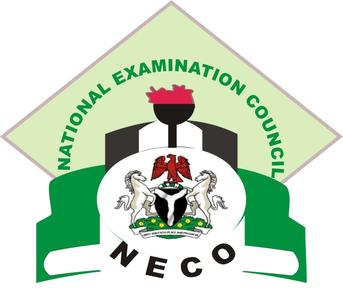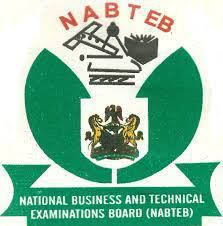Separation Of Mixtures & Purification Of Chemical Substances
Separation Of Mixtures And Purification of Chemical Substances:According to Jamb Syllabus, Candidates should be able to: distinguish between pure and impure substances; ii) use boiling and melting points as criteria for purity of chemical substances; (iii) distinguish between elements, compounds and mixture; (iv) differentiate between chemical and physical changes; (v) identify the properties of the components of a mixture; (vi) specify the principle involved in each separation method.Separation Of Mixtures & Purification Of Chemical Substances
The video below covers everything Jamb expects you to know if Separation of Mixtures And Purification of Chemical Substances:Major Highlights in The video:
1. Chemistry is the study of the composition, properties and uses of matter 2. Matter is anything that has mass and occupies space. 3. A substance is a form of matter that has a definite composition and distinct properties. 4. Boiling point is the temperature at which the saturated vapour pressure of a liquid equals the atmospheric pressure. 5. Melting point is the temperature at whch the constituent particles of a solid vibrate vigorously and acquire energy which makes them slide over one another. 6. A pure elemental substance should contain only one type of atom (the element) and be homogeneous throughout the sample; otherwise, it’s impure. 7. Physical change is a change in which no new substance is formed While chemical change is one in which new substances are formed. 8. A pure substance has definite boiling point and a very sharp melting point. 9. Examples of Separation Processes are Evaporation, simple and fractional distillation, sublimation, filtration, chromatography, crystallisation. 10 A homogenous mixture is one whose composition is uniform while a heterogeneous mixture is one whose composition is not uniform. That is all on Separation Of Mixtures & Purification Of Chemical Substances Hope you enjoyed the video? Feel free to tell me how you feel.Categories: Jamb Syllabus | Past Questions
0 Responses





